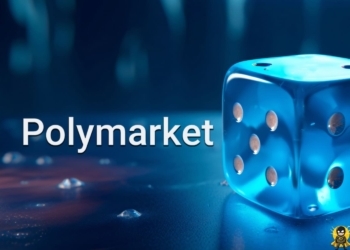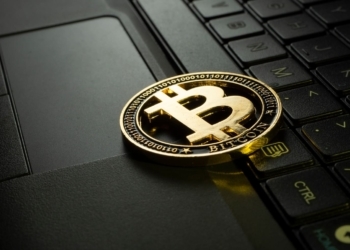Sam Bankman-Fried, the embattled co-founder of FTX, is back in the news. He is seeking a retrial to challenge his recent conviction, arguing that the trial unjustly excluded crucial evidence. This legal battle is stirring significant interest in the crypto community, spotlighting ongoing issues surrounding cryptocurrency regulation and the governance of major crypto entities.
Sam Bankman-Fried’s Legal Challenge
Bankman-Fried and his legal team are disputing the fairness of his trial, arguing that the court committed several critical errors that impacted the outcome. At the heart of their appeal to the U.S. Court of Appeals for the Second Circuit is crucial evidence. His attorneys claim this evidence would have demonstrated his belief in FTX’s financial health and his good faith actions at the time of its collapse. They argue that excluding this evidence presented the jury with a biased narrative, leading them to mistakenly believe that FTX customers’ funds were permanently lost.
The Exclusion of Key Testimonies and Evidence
The appeal highlights that the court did not allow evidence showing Sam Bankman-Fried relied on legal advice while making decisions at FTX. This was crucial because it affected the defense’s ability to dispute claims of fraudulent intent. Alexandra Shapiro, leading Bankman-Fried’s defense, noted this denial limited their case presentation, potentially skewing the trial’s fairness. She argued that the jury saw only a partial view, influencing their perception of FTX’s collapse unfairly.
Controversial Jury Instructions
Adding to their list of grievances, Bankman-Fried’s team is also challenging the way the jury received instructions on matters of intent. They argue that the jury instructions reduced the need to prove intent to defraud, effectively lowering the conviction threshold. Shapiro highlighted that these instructions allowed for the possibility of finding Sam Bankman guilty without conclusive evidence of his intent to cause financial harm, a critical element typically required in fraud cases.
Challenging the Forfeiture Judgment
Another significant aspect of the appeal involves challenging the $11 billion forfeiture judgment. Bankman-Fried’s attorneys argue that not only is the amount excessive, but it also lacks a legal basis. Importantly, they point out that there was no proven intent to permanently deprive FTX customers of their funds, which should be a key factor in such legal judgments. Consequently, they contend that the forfeiture is unfairly punitive and should be reconsidered. They are calling for a retrial under a different judge to ensure impartiality and a fair hearing.
Implications for Crypto Regulation
The retrial’s outcome for Sam Bankman could significantly impact cryptocurrency regulation. As the legal system and regulators wrestle with the quickly evolving crypto environment, Bankman’s case might set a precedent for adapting legal frameworks to new financial technologies and their associated challenges.
This case raises important questions about legal procedures in crypto and the fairness of financial trials. The legal system’s handling of cases involving prominent figures like Sam Bankman is under scrutiny. The broader crypto community, including investors and regulators, is closely watching. Their concern is how this might influence regulatory approaches and market stability. Outcomes here could set precedents affecting cryptocurrency operations and trust globally.
As Bankman-Fried’s retrial progresses, it will continue to draw global attention. This highlights the need for clear regulations and strong legal protections in the fast-growing world of cryptocurrencies. How do you think this case will impact the future regulations of cryptocurrencies? Let’s discuss the potential ripple effects on the crypto market and the legal precedents it might set.












Discussion about this post